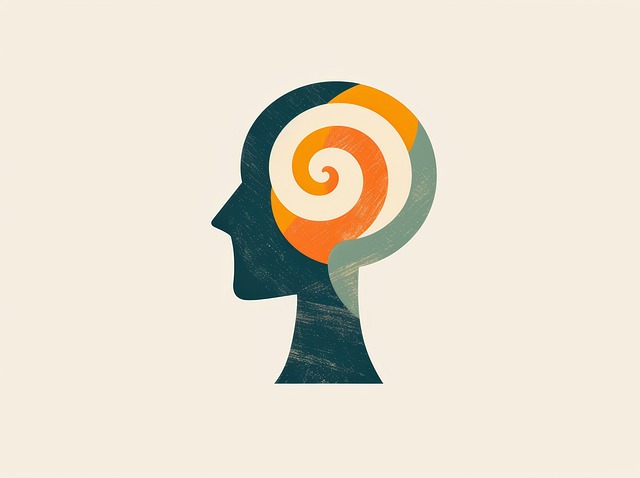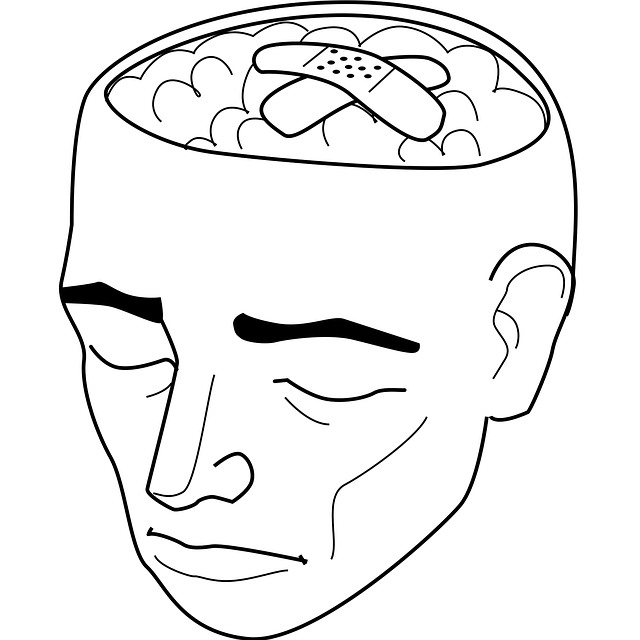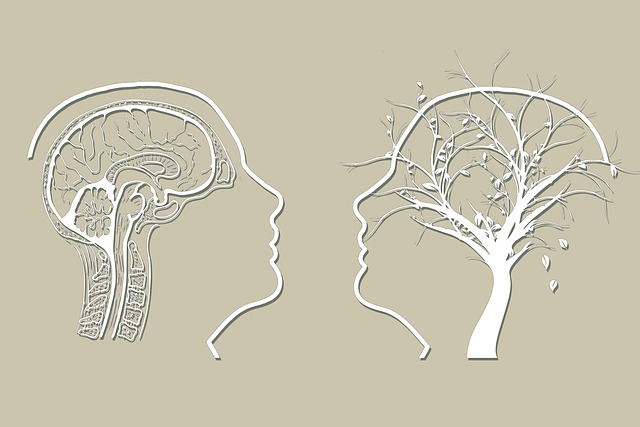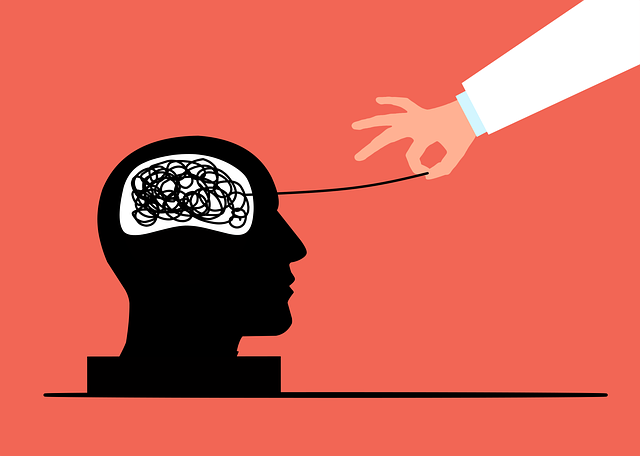Castle Rock Suicide Prevention Therapy emphasizes coping skills as a foundation for mental wellness. This involves adaptive strategies like stress management and emotional intelligence, empowering individuals to confront challenges proactively. By identifying personal coping techniques (e.g., mindfulness, hobbies), building resilience through therapy, and advocating for mental health policies, Castle Rock enables clients to navigate obstacles smoothly. Continuous refinement of these skills is crucial for maintaining emotional regulation and overall mental well-being.
“Unleash your inner strength with coping skills development, a crucial aspect of mental well-being. This comprehensive guide explores the art of navigating life’s challenges through ‘Castle Rock Suicide Prevention Therapy’-inspired strategies. From understanding the foundation of coping skills to identifying personalized strategies and building resilience, each section offers valuable insights. Learn how to implement and refine these mechanisms for enhanced mental health, ensuring you’re equipped to face life’s twists and turns with grace and adaptability.”
- Understanding Coping Skills: A Foundation for Mental Well-being
- Identifying Personal Coping Strategies: What Works Best for You?
- Building Resilience: Equipping Yourself for Life's Challenges
- Implementing and Refining Coping Mechanisms: A Journey to Improved Mental Health
Understanding Coping Skills: A Foundation for Mental Well-being

Coping skills are a crucial foundation for mental well-being, enabling individuals to navigate life’s challenges and maintain resilience. At Castle Rock Suicide Prevention Therapy, we recognize that understanding and developing these skills is essential for fostering healthy minds. Coping isn’t just about managing stress; it involves a range of strategies to handle various aspects of life, including emotional intelligence—the ability to recognize and manage one’s own emotions as well as understand the feelings of others.
This proactive approach, combined with effective conflict resolution techniques, can significantly contribute to improved mental health outcomes. By integrating emotional intelligence into daily routines, individuals become better equipped to cope with stress, resolve conflicts peacefully, and advocate for their mental health through informed policy analysis and advocacy—all vital components of a comprehensive mental well-being strategy.
Identifying Personal Coping Strategies: What Works Best for You?

Identifying Personal Coping Strategies is a vital step on your path to emotional well-being. It’s about discovering what works best for you. Everyone copes with stress, anxiety, or difficult emotions differently, and there’s no one-size-fits-all approach. Some people find solace in creative outlets like art or music, while others turn to physical activity or spending time in nature.
At Castle Rock Suicide Prevention Therapy, we emphasize the importance of understanding your unique coping mechanisms. This might involve trying different techniques such as mindfulness meditation for stress reduction, engaging in hobbies that boost self-esteem, or adopting healthy habits like regular sleep and nutrition. Recognizing these strategies can empower you to manage challenges more effectively and improve overall mental health awareness.
Building Resilience: Equipping Yourself for Life's Challenges

Building resilience is a crucial aspect of coping skills development, equipping individuals to face life’s challenges head-on. It involves cultivating a mental fortitude that allows one to adapt and bounce back from adverse situations. At Castle Rock Suicide Prevention Therapy, we understand that developing resilience is an essential part of fostering good mental health. Through our specialized services, we guide individuals in discovering their inner strength and learning effective coping strategies.
By integrating various practices such as compassion cultivation and conflict resolution techniques, our therapy sessions empower clients to navigate difficult circumstances with greater ease. These skills, when combined with a robust Mental Health Policy Analysis and Advocacy approach, enable people to not only survive but thrive despite life’s obstacles. Our goal is to arm individuals with the tools they need to build mental resilience, ensuring they can face future challenges with confidence and perseverance.
Implementing and Refining Coping Mechanisms: A Journey to Improved Mental Health

Implementing and refining coping mechanisms is a journey that significantly contributes to improved mental health, as emphasized in Castle Rock Suicide Prevention Therapy. This process involves identifying effective strategies tailored to individual needs. Once established, these mechanisms serve as robust tools to navigate life’s challenges, reducing the impact of stressors and negative emotions.
A key aspect lies in understanding that coping isn’t a static practice; it evolves with personal growth and changing circumstances. Regularly reviewing and adjusting coping strategies ensures their longevity and effectiveness. This continuous refinement, often facilitated through therapy or mental wellness podcast series production, empowers individuals to maintain emotional regulation, a vital component of overall mental wellness.
Coping skills development is a transformative journey towards enhanced mental well-being. By understanding your emotional needs, identifying personalized strategies, building resilience, and continually refining your coping mechanisms, you can navigate life’s challenges with greater ease. At Castle Rock Suicide Prevention Therapy, we empower individuals to embrace these principles, fostering a more balanced and fulfilling life. Remember, seeking support is a sign of strength, and with the right tools, you can conquer any obstacle.














